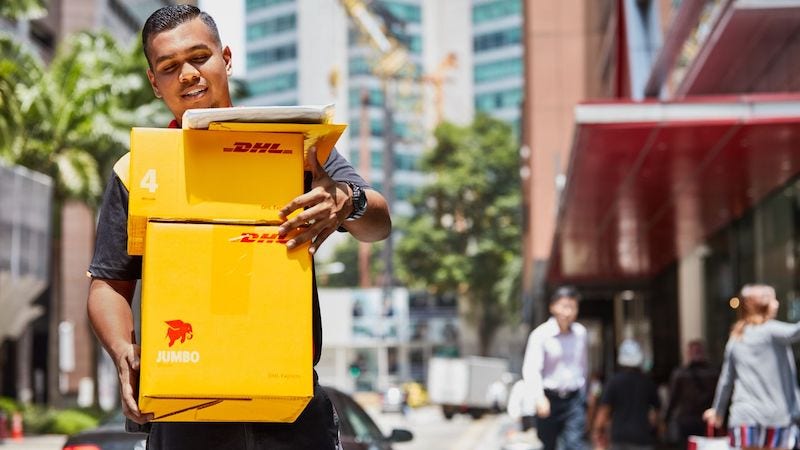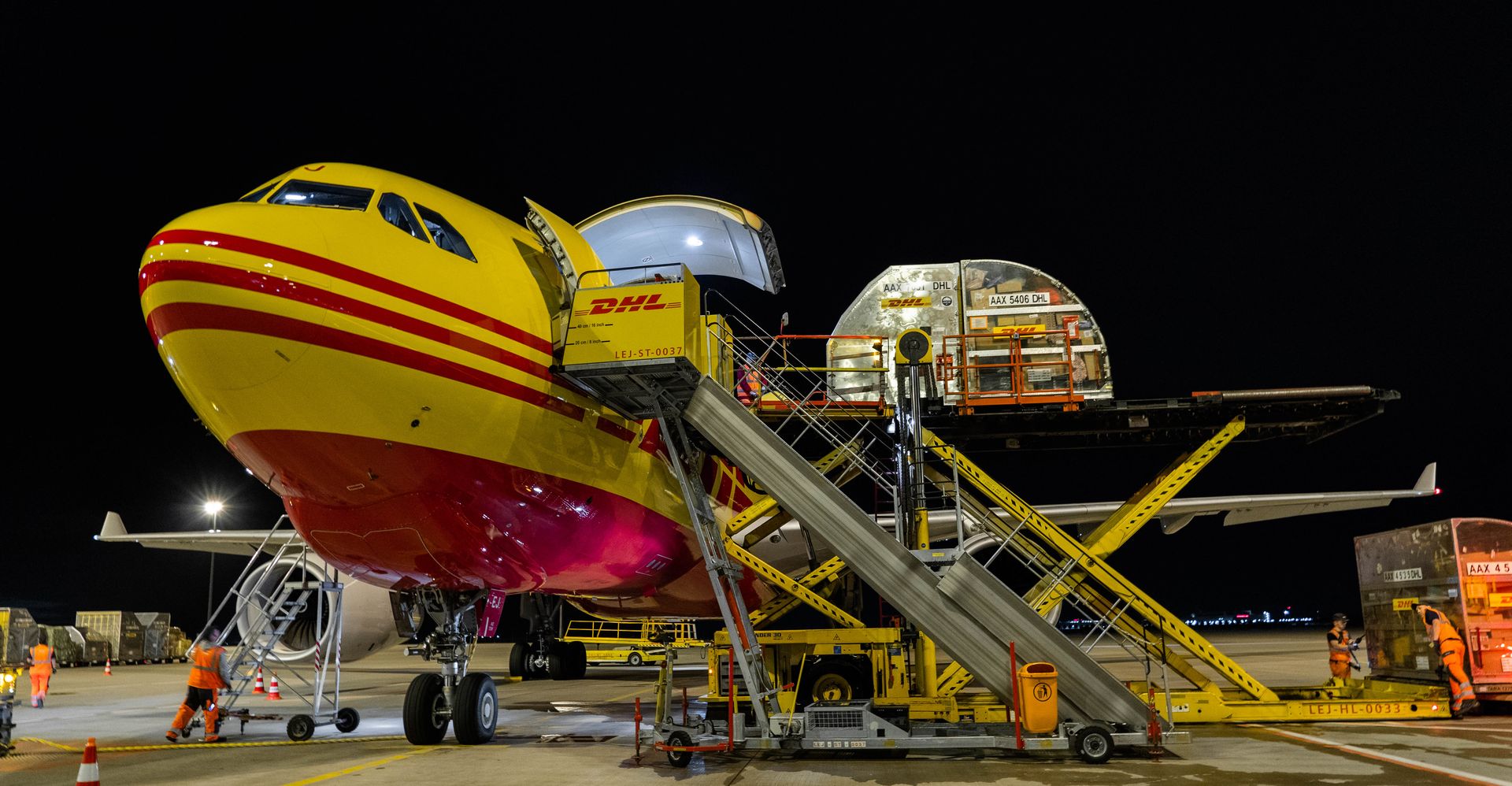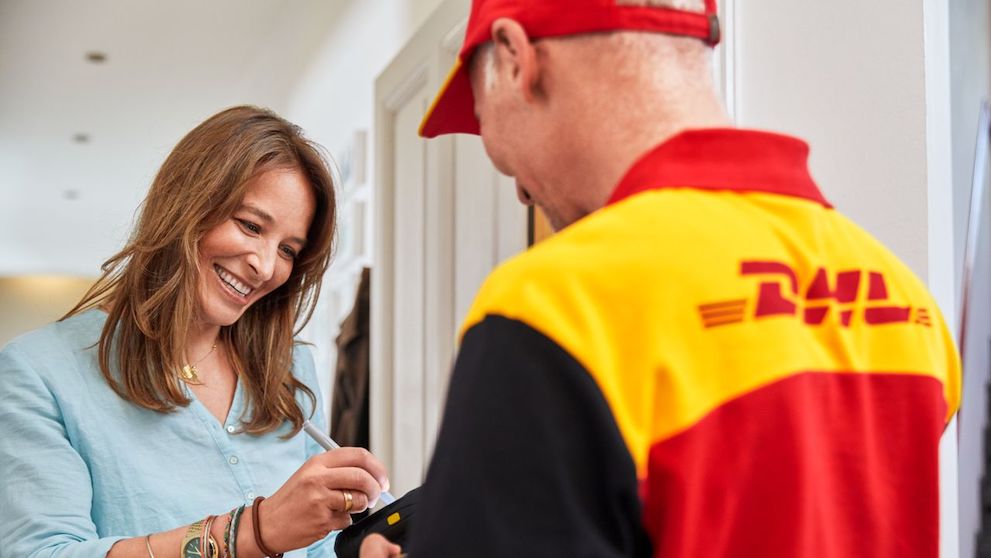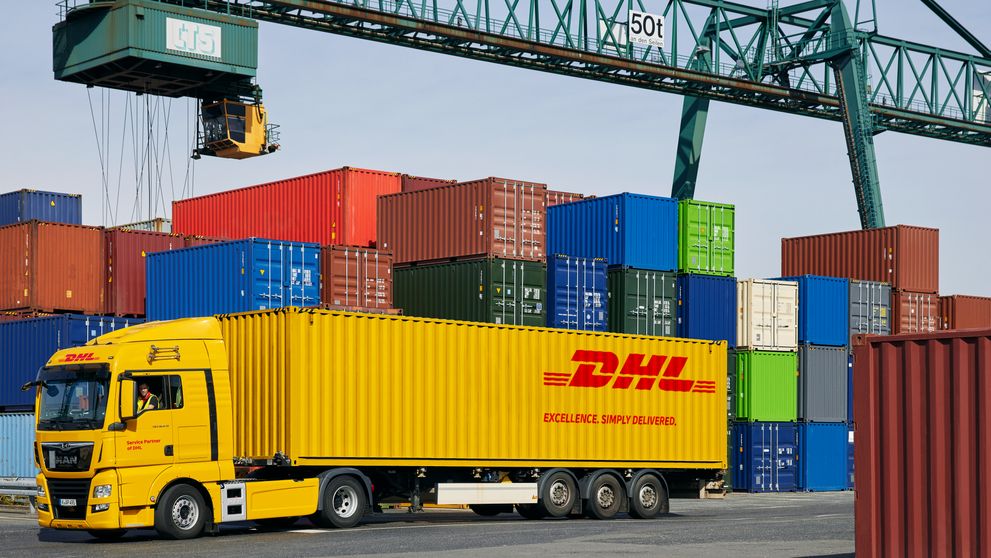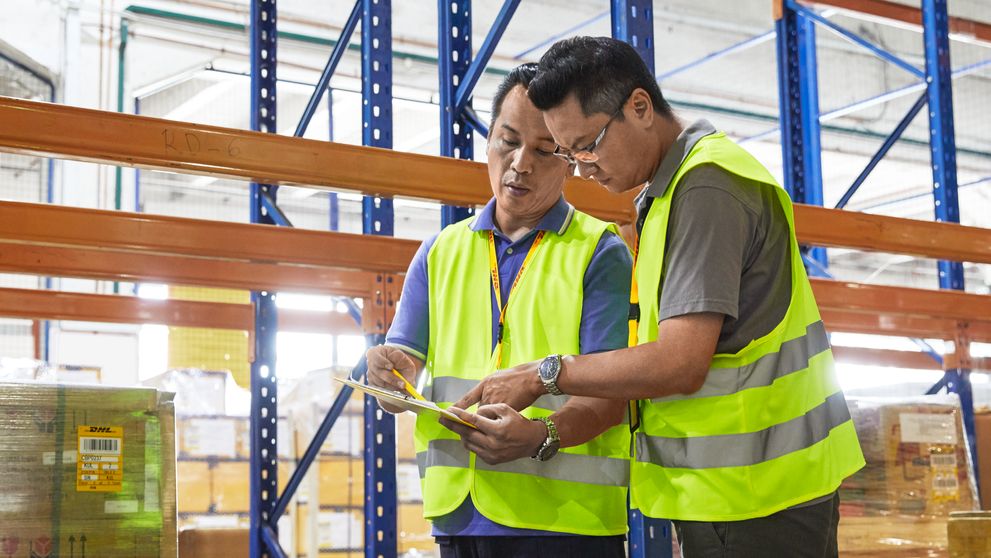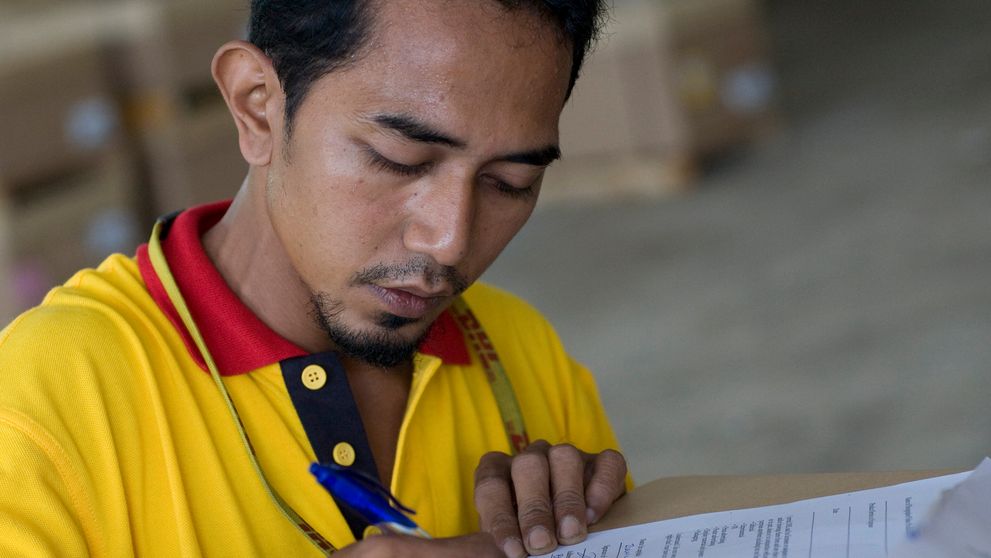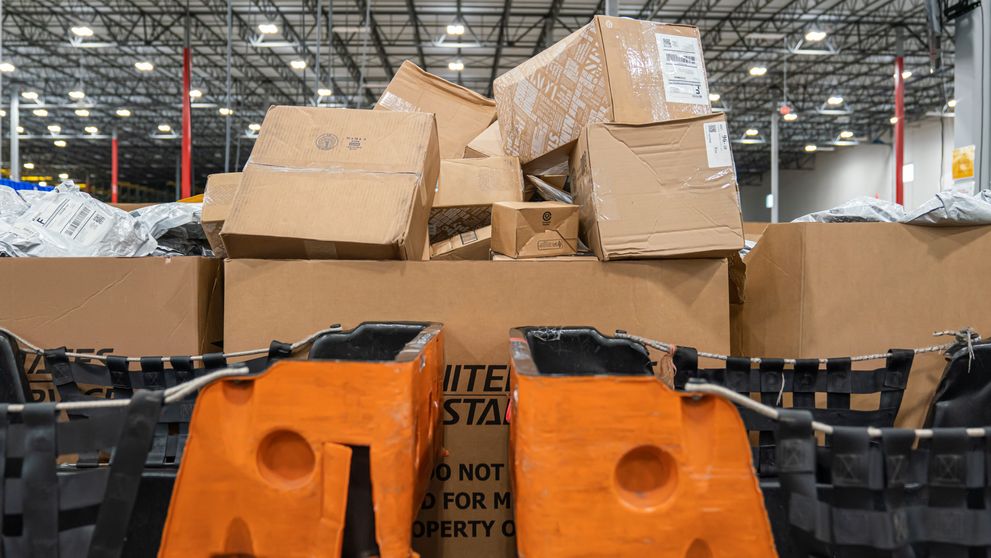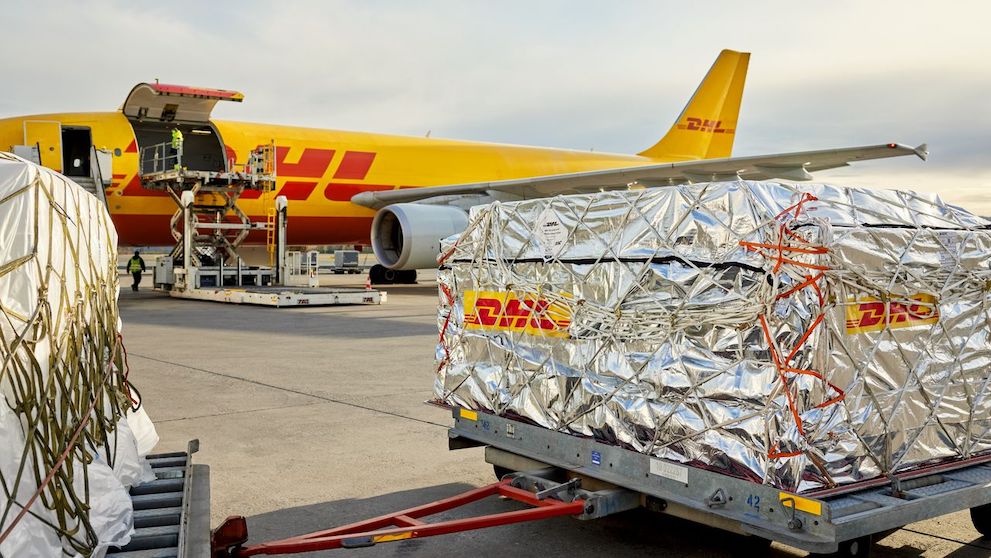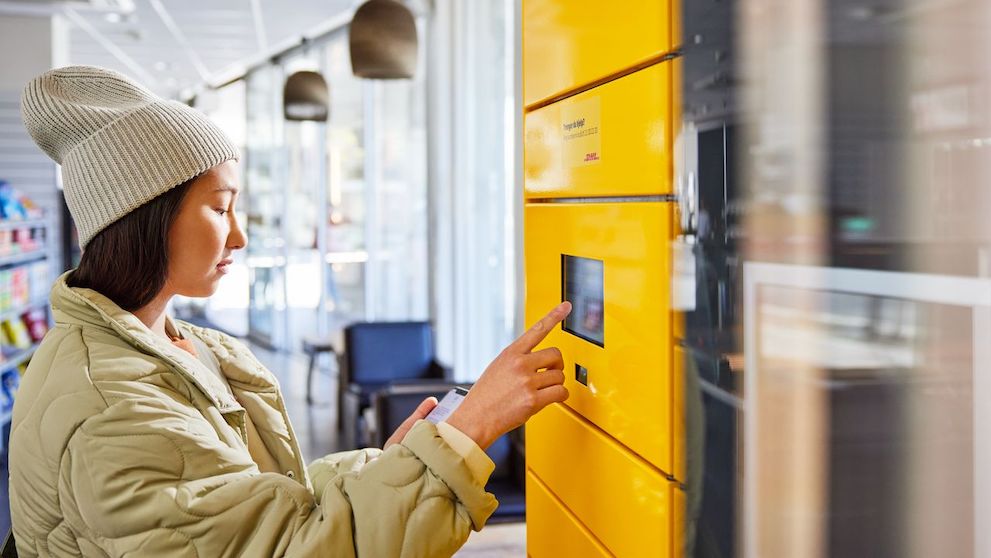As a strategic regional hub for trade, Singapore experiences a constant flow of goods both in and out of the country. The value of goods imported into the country totalled SG$62,000 million (IDR660,843 billion) in July 2022, as seen in a statistics report of Singapore's imports by Trading Economics. With a vibrant ecosystem for trade, the hub has become the ideal location for many businesses looking for investment opportunities.
Indonesia and Singapore has enjoyed flourishing bilateral trade and entrepreneurs based in Indonesia consider this neighbouring Southeast Asian country when expanding their market. If you are reading this article, you are probably one of these businesses and may have begun your preparations to import goods here. In this article, we guide you through everything you need to know about import tax and shipping goods into Singapore.
Singapore customs tax and duties
1. Goods and Services Tax (GST)
Goods and Services Tax, commonly referred to as GST, is a type of tax charged for all goods brought into Singapore, including the supply of goods and services. They are charged at a standard 7% on the value of goods and can be calculated from the Cost, Insurance and Freight (CIF), including other duty payable and tax charges. This fee however, is not applicable for items that have a total value of S$400. For these goods that are not dutiable, their GST will be charged based on the CIF value, as well as any commissions and incidental charges that may not have been included previously.
In 2021, the Singapore government declared that all low-value goods will also be subject to GST from 1 January 2023.
2. Customs duty and excise duty
For any of your dutiable goods to be imported into Singapore, you would have to pay taxes on imported goods, namely, customs duty and excise duty. By definition, customs duty refers to duty on goods being imported into Singapore, whilst excise duty refers to duty on goods that have been produced in Singapore. Goods can generally be split into four different categories. They are:
- Intoxicating liquors
- Motor vehicles
- Tobacco products
- Petroleum products and biodiesel blends
For the full list of dutiable goods and their customs duty rates, you can refer to the Singapore customs website.
After knowing the categories of the goods, the next step is to calculate their import duties and taxes. Duties are often calculated differently for each good, often categorized into ad valorem or specific rates. For an ad valorem rate, the charges are according to the percentage of a good’s customs value. Conversely, a specific rate is an amount per unit quantity, such as weight.
You can take a look at how duty rates are calculated for each category below:
- Intoxicating liquors: Duty rates are calculated per liter of alcohol or weight and volume.
- Motor vehicles: Import and export duties are calculated using customs value to excise duty rate.
- Tobacco products: Besides cigarettes, all duties for tobacco products are calculated based on their weight. Duties for cigarettes are calculated according to the number of sticks to the weight of each stick.
- Petroleum products and biodiesel blends: For petroleum, duties are calculated according to the total volume. Compressed natural gases are calculated based on weight. Biodiesel blends are calculated according to the volume of diesel.
3. Paying duty and GST
Upon importing your goods, ensure you make the necessary payment for your import duties and taxes, such as GST. To make payment, ensure that your Inter-Bank GIRO (IBG) with Singapore Customs is ready. In the event that you do not have an IBG ready, you can always apply for one. Simply fill up the application form for Inter-Bank GIRO and mail the application to Singapore’s Customs. After your application has been approved, you can easily pay your taxes with IBG.
Besides self-payment, you can also appoint a declaring agent to make payment on your behalf by authorising them to use your IBG. However, if your IBG is new, your declaring agent may only make payment one day after your IBG application has been approved. Thus, maintaining your account and being responsible for it should be your priority. Otherwise, the payment will be deducted from your declaring agent’s IBG.

